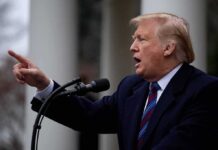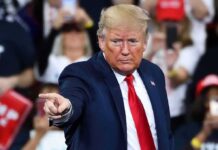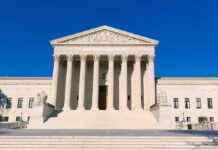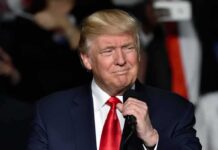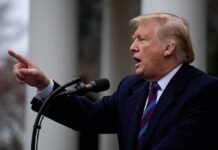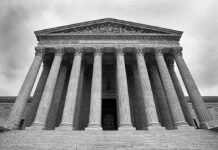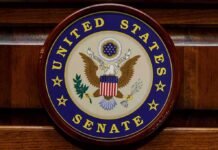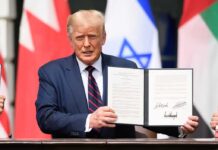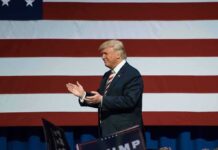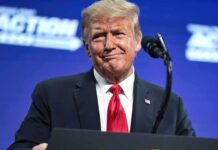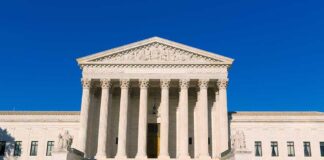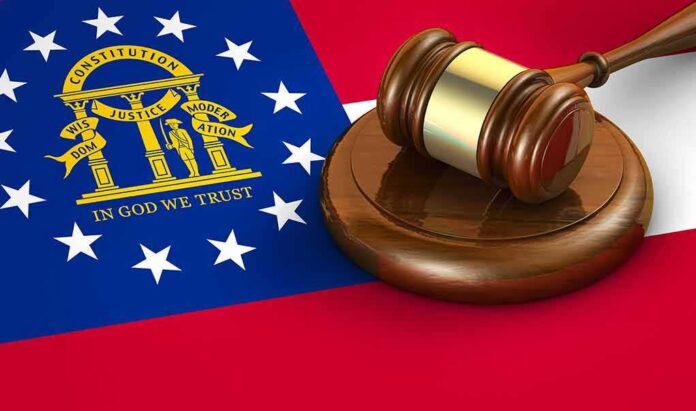
A federal judge has demanded that the Trump administration disclose sensitive details about Venezuelan deportations, setting the stage for a high-stakes battle over executive power and judicial authority.
Quick Takes
- Judge James Boasberg ordered the Trump administration to provide details about deportations conducted under the 1798 Alien Enemies Act.
- The administration is appealing the decision, arguing the judge has overstepped his authority on matters of national security.
- The case centers on deportations of suspected members of the Venezuelan gang Tren de Aragua.
- Critics argue the judge’s demands for classified information could jeopardize national security operations.
- The dispute highlights tension between judicial oversight and executive authority in immigration enforcement.
Court Orders vs. National Security
The confrontation between U.S. District Judge James Boasberg and the Trump administration has escalated after the judge demanded detailed information about deportation flights carrying Venezuelan nationals. Judge Boasberg ordered the Department of Justice to submit a sworn statement confirming whether the Alien Enemies Act was used to deport Venezuelan men to El Salvador. The judge also requested specific information regarding when President Trump’s proclamation was signed and when it became effective, despite administration objections that releasing such information could compromise national security operations.
The Trump administration has pushed back forcefully against these demands, arguing that the court is exceeding its authority by requiring disclosure of sensitive information. Department of Justice officials contended that the judge’s oral directive was not enforceable as an injunction and that the administration should not be compelled to answer questions about national security matters “in a rushed posture without orderly briefing.” The administration is now appealing the lower court’s decision, setting the stage for what many expect will be a Supreme Court showdown.
U.S. District Judge James Boasberg sides with criminal illegal aliens that’s are r*pists and m*rderers, America.
Let that sink in for a minute.
Reaffirmed: 🚨 “Everyday the men and women of ICE are going to be in the neighborhoods of this nation arresting criminal illegal… pic.twitter.com/568rmqrohR
— Tom Homan – Border Czar – Rapid Response News (@TomHoman_) March 17, 2025
The Alien Enemies Act and Venezuelan Gang Members
At the center of this legal battle is the Trump administration’s invocation of the Alien Enemies Act, a 226-year-old law last used during World War II. The administration has employed this rarely-used statute to detain and deport individuals suspected of being members of Tren de Aragua, a Venezuelan criminal organization. President Trump’s proclamation characterized the gang’s activities as an invasion, stating the group has “perpetrated irregular warfare within the country and used drug trafficking as a weapon against our citizens.” This designation enabled the administration to pursue expedited deportations.
The ACLU and other civil rights groups have challenged this action, filing an emergency request to block the use of the Alien Enemies Act. They argue that the law requires an actual invasion by a foreign government to be invoked, not criminal activity by non-state actors. Critics further contend that the act allows deportation without due process protections and is being misapplied in this context. The Department of Homeland Security has already revoked certain protections for Venezuelans, citing the gang activity as justification.
Allegations of Judicial Overreach
The administration’s defenders have characterized Judge Boasberg’s demands as a dangerous example of judicial overreach that threatens both national security and diplomatic relations. The court’s insistence on obtaining classified information about operations involving deportations to El Salvador, for which the U.S. reportedly paid $6 million to detain the deported individuals, has drawn particular criticism. Some legal experts have raised concerns about separation of powers, suggesting the judiciary is improperly inserting itself into matters traditionally reserved for executive branch discretion.
The administration has been direct in its argument that the court has no authority to block the President from exercising his statutory and constitutional powers to address what he has identified as a national security threat. When the Department of Justice requested to cancel a scheduled hearing and declined to provide additional information, Judge Boasberg denied the request and pressed forward. This has set up a direct confrontation between judicial authority and executive prerogative that legal scholars anticipate will eventually require Supreme Court intervention to resolve.
Legal and Political Implications
The unfolding case raises significant questions about the balance of power between branches of government when national security concerns intersect with immigration enforcement. The ACLU has claimed the government violated a court order by not halting deportation flights to Honduras and El Salvador, allegations the administration disputes. During one contentious hearing, Judge Boasberg challenged the government’s assertion that no order had been given, remarking “that’s a heck of a stretch.” The dispute highlights the tension between the judiciary’s role in ensuring transparent legal proceedings and the executive’s responsibility to protect sensitive information.
As the case proceeds through the appeals process, the Trump administration continues to argue that the president has full authority to use the Alien Enemies Act to protect national security. The administration’s proclamation, similar to an executive order designating cartels as foreign terrorist organizations, represents a broadening of executive power in immigration enforcement that will likely face further legal challenges. With the Supreme Court expected to eventually weigh in, the outcome will establish important precedents regarding executive authority, judicial oversight, and due process in national security matters.
Sources:
Judge demands details from Trump administration over Venezuelans on deportation flights
The judge who tried to stop the deportation planes is not happy with the Trump administration
That Little Judge in the Venezuelan Deportation Dispute Is Making a Ridiculous Demand


